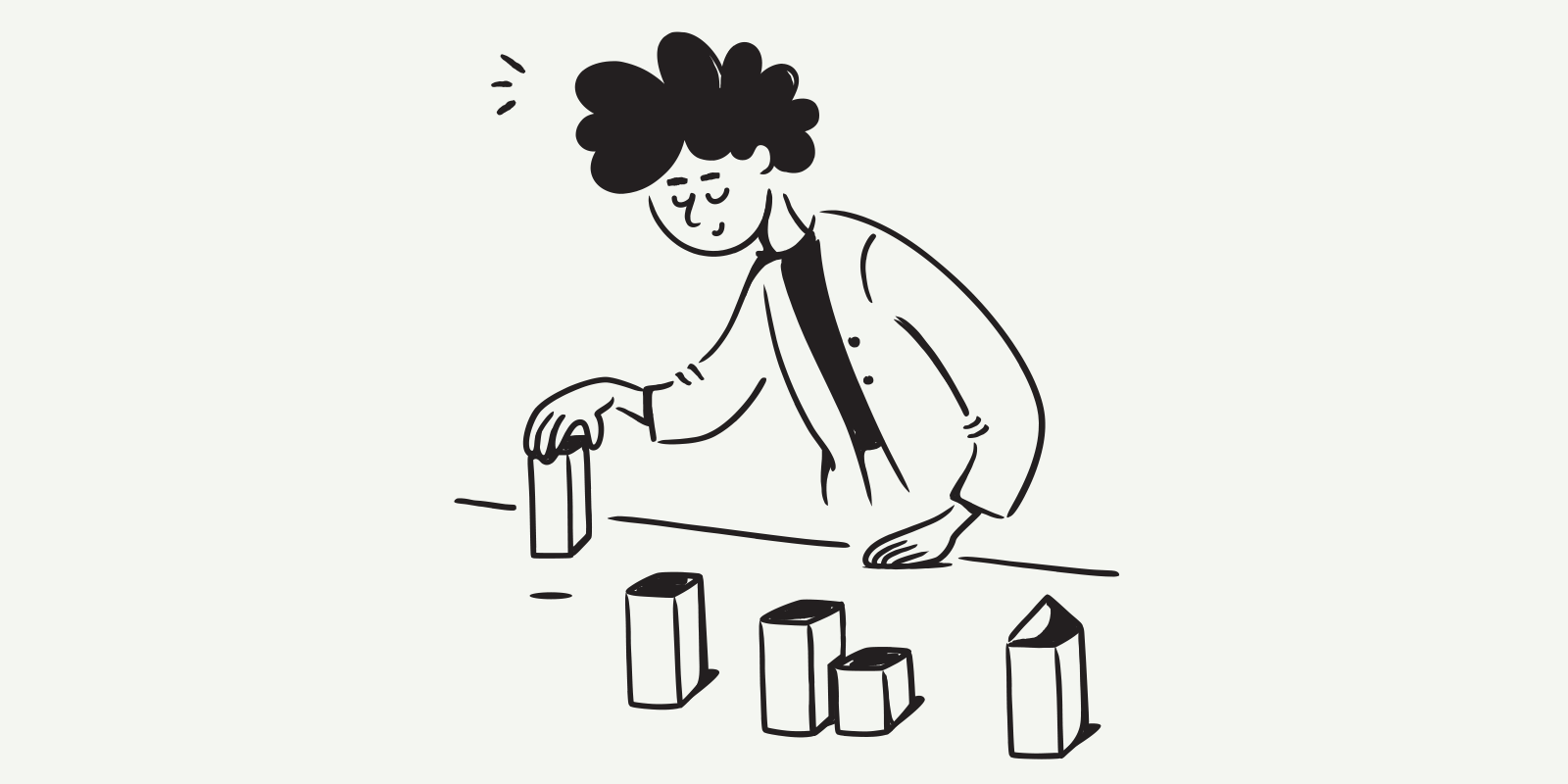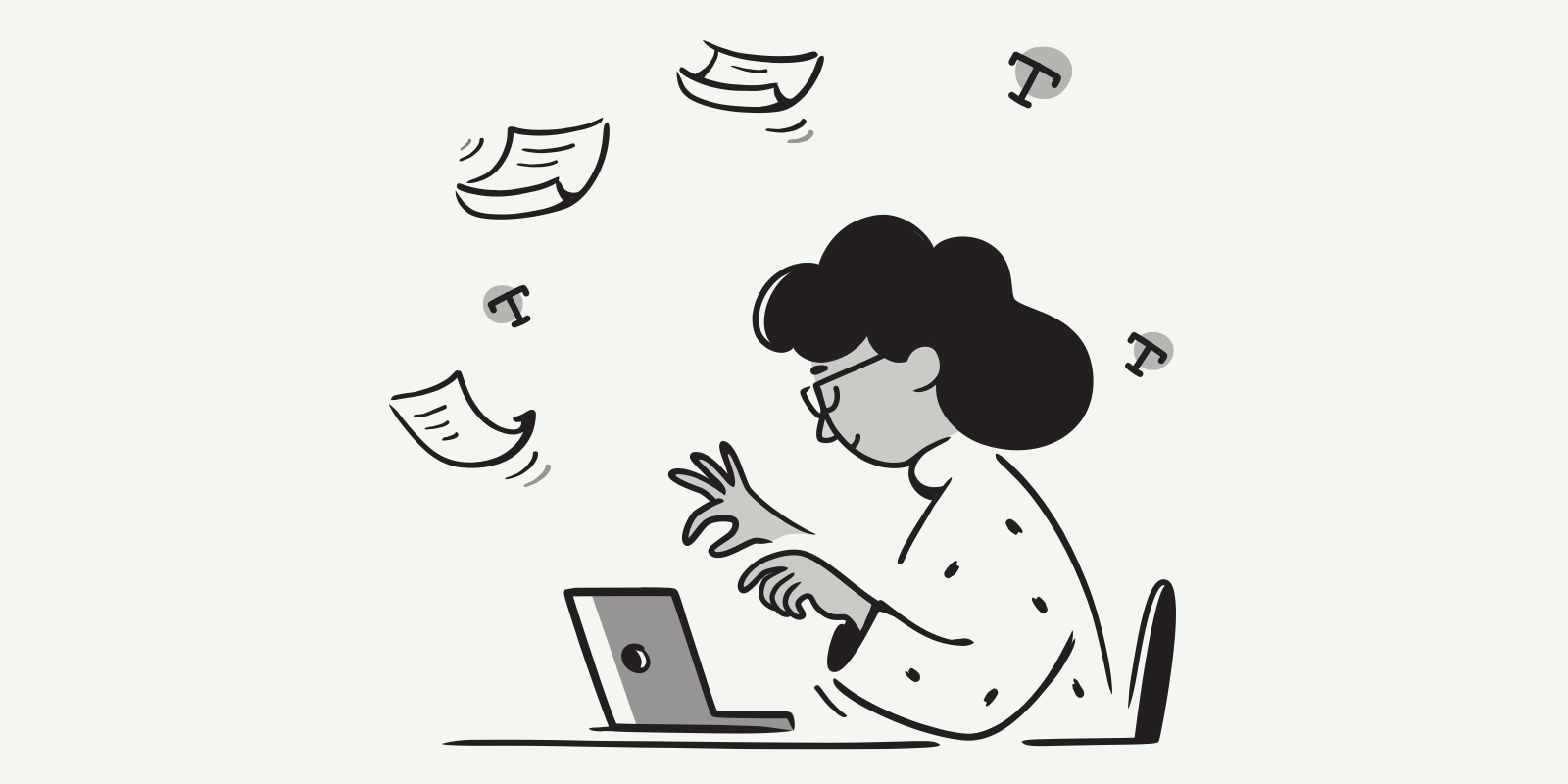The ups and downs of keeping a property vacant: Is it worth it?

Vacant properties tend to be a landlord’s worst nightmare. A tenant moving out unexpectedly leaves most landlords scrambling to find a replacement occupant as quickly as possible – and understandably.
Voids in a rental property are bad news for income and profits. Even with rent guarantee insurance, there’s only so long you’ll be able to reclaim the costs before you have to start reaching into your own pocket.
But is keeping a property vacant all bad? Certainly not. For some landlords, it’s the ideal scenario and offers a range of benefits.
In this article, we’ll explain the ups and downs of keeping a property vacant and whether it’s worth it – both in the short and long term.
Ups of keeping a rental property vacant
There are some unexpected benefits to keeping a rental property vacant, including:
1. Flexibility for future use
Getting a tenant is a long-term commitment. Most tenancy agreements run for a period of up to two years and it’s difficult to end it early without a good reason. Usually, the only legal reasons to end early are with a break clause or if the tenant breaches the lease or fails to pay rent.
With an empty property, landlords have more freedom in how they use the premises in the future. It could be let short-term or as a holiday rental on sites like Airbnb.You could choose to live in it or sell whenever you please – without having to worry about holding viewings with a tenant in situ or what state it’s been left in.
It could even be sold to a developer, auctioned off, or renovated into a business premise (with the appropriate permissions/licenses) rather than a rental property.
2. Potential for property value appreciation
Renting a property is a means to generate income while keeping an asset long-term that, when you’re ready, can be sold for a profit. Most properties increase in value over time, particularly in areas where people normally rent, since they are well-connected and desirable.
Choosing not to rent means you still keep the asset and it will potentially keep increasing in value, you just don’t get the regular income from it in addition.
When you own the property outright and don’t have a buy-to-let mortgage, this option can be even more beneficial for landlords. While you’ll still have expenses to pay on an empty property, they’ll be significantly less when there isn’t a mortgage.
3. Avoids tenant-related issues
As every landlord knows, there are ups and downs to renting a property. Some tenants are great, but others can cause problems. From having to go through costly and lengthy eviction processes to dealing with constant repairs from poor tenant maintenance.
Keeping a property vacant gives landlords a break from tenant-related issues. It enables you to keep a property as an asset, that potentially continues to rise in value, without having to deal with tenants and the extra work they bring.
4. Easier to sell on the open market
Leaving a rental property vacant when the former tenant moves on gives landlords more flexibility if the plan is to sell up. When selling with a tenant in situ, you limit your buying market to only landlords.
While some landlords like having a tenant from day one of purchase, others don’t enjoy the lack of control they’ve had over the vetting process.
Selling an empty property means you can market to new landlords, seasoned landlords, homeowners, developers, and first-time buyers. It expands your buying pool and creates more opportunity for a faster, potentially even more valuable, sale.
Downs of keeping a rental property vacant
The downsides of keeping a rental property vacant are much more significant. But, with proper planning, they may not be as bad as they seem. Downsides include:
1. Loss of rental income
First things first, keeping a rental property empty leads to income loss. Even when you have rent guarantee insurance that covers the costs, these only last for a certain period, usually a maximum of two years.
While some landlords can swallow the costs for short periods, it isn’t just the loss of rental income to worry about when it’s long-term. Hidden costs like maintenance fees, bills, increased insurance, and higher taxes make it even more expensive to keep empty.
2. Voided home insurance
Standard home insurance policies don’t offer coverage for a vacant property. Most allow a property to stay empty between 30-60 days. Any longer and the insurance policy can be deemed void. Should something happen, like a break-in or maintenance fault, you might not be covered.
When keeping a property vacant long-term, it’s recommended you switch a home insurance policy to one specifically designed for unoccupied properties. These tend to be more expensive, owed to higher risks and fewer insurance companies offering such cover in the open market.
3. High/increasing running costs
To prevent mould, frozen pipes, and other issues, it’s recommended you keep the heating on low and even run a dehumidifier in an empty property.
For security reasons, keeping a timed light on and fitting alarmed cameras is also a good idea. Yet while these things help protect a property, they all cost money.
In many counties in the UK, council tax rates increase the longer a property is left vacant. Vacant homes aren’t perceived to be good for the local area and councils prefer to have people living in available properties rather than not.
It’s why council tax can be as much as 4 times the normal annual rate for a property that’s left vacant for up to 10 years.
4. Higher risk of property deterioration
Even if tenants aren’t that clean and tidy, they’re still maintaining a property more than they know. In vacant properties, there’s a higher chance of deterioration. The following three risks are the most common:
Mould developing
Mould can easily develop in a vacant property, even more so than in an occupied. Keeping the heating on low occasionally, running a dehumidifier regularly, or ventilating the property every so often can help. However, using energy in an empty property will rack up the running costs.
Pipes freezing
During the winter months, pipes can freeze and even burst when the property isn’t kept warm. Alongside significant water damage, burst pipes can be costly to fix. Ensuring the heating is kept on low and insulating pipes can prevent this. Fixing any dripping taps can also help.
Pest infestations
Crumbs and food residue can easily lead to pests in an occupied rental property, but when the home is vacant, the risk increases significantly. With no one around, insects and rodents are left to nest, breed, and roam a vacant property undisturbed. Excessive moisture in a property is also just as capable of attracting vermin.
5. Missed opportunities in a tight rental market
In many areas around the UK, the renting market is thriving. High demand and low supply leaves many landlords reaping the benefits. While the costs of renting are increasing for many buy-to-let-ers, there’s still an opportunity to churn a steady and profitable income.
Keeping a property perfectly suitable for renting vacant can cause even more disruption in the tenant market. Landlords can miss out on opportunities to be picky with who they rent to (within legal limits) and potentially even increase prices due to the low supply/high demand.
6. Negatively impacts the local community
There’s a reason most local authorities in the UK charge a premium for council tax on vacant properties. Empty homes aren’t good for the local area. Notwithstanding the disrepair they can fall into or the crime they can attract, neighbourhoods don’t thrive in areas with vacant homes.
When vacant properties increase in a particular area, it can even deter new buyers or tenants from moving in. When a community isn’t thriving and streets/buildings are cold, dark and derelict, the street is no longer seen as a desirable place to live.
FAQs
How long can you keep a property empty?
You can keep a property empty for as long as you like, but with consequences. For home insurance purposes, you can only usually keep a property empty for up to 30 days before the policy becomes void. In regards to council tax, rates are hiked after a year or so and can go up annually the longer a property is empty.
For rental properties with a buy-to-let mortgage, you can keep it vacant for as long as needed without it impacting the mortgage terms. However, some lenders won’t renew a mortgage if it’s been empty for long periods due to the affordability risks involved.
What happens if a house is left unoccupied?
Houses left unoccupied for long periods are at a higher risk of deterioration and crime. Reduced ventilation can cause moisture build-ups and, in winter months, pipes – particularly those connected to boilers – can freeze.
With proper care and attention while the home is unoccupied, risks of damage can be reduced significantly. Ensuring the property is well-ventilated, free of food residue, and kept warm can prevent decline.
Is it safe to leave a house empty?
Leaving a house empty for short periods is perfectly safe, but problems arise when a home is left vacant long term. The lack of human presence can lead to pests, infestations, and, most commonly, damp problems.
There’s always the risk of crime, especially when a home is empty. When leaving a house vacant for long periods, extra security measures should be taken.
Fitting security cameras or timed light fixtures can also deter burglars from establishing that the property is vacant, preventing theft or squatting.
Is it worth keeping a rental property vacant?: Things to remember
- Check your home insurance policy before leaving a property vacant – almost every policy will have a limit of 1-3 months before the policy is void. It’s a good idea to check rent guarantee insurance policies too if you’re relying on the income during the period the property is empty.
- Alongside the loss of rental income, there are many more hidden costs of keeping a property vacant, including energy bills, rising council tax, security fees, unoccupied home insurance policies, and potentially more.
- Leaving a property empty offers landlords more flexibility in terms of future use, but only if the property is well maintained during the vacant period. Empty homes are at risk of mould problems, pests, and pipework issues. Keeping the heating on and the property clean and well ventilated can help.

